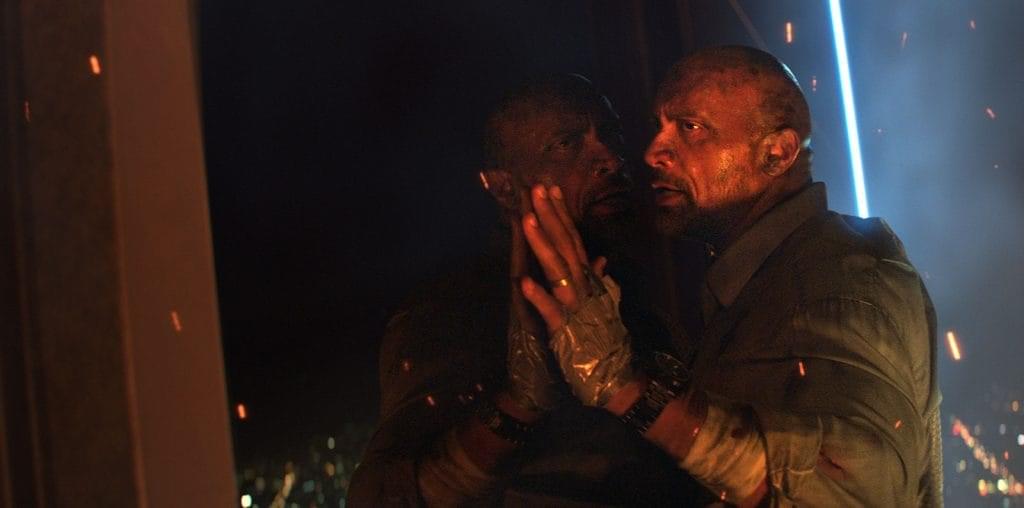
“Peace, Propaganda & the Promised Land” is a disturbing and frequently depressing study of how the American television news media skewers its coverage of the Israeli-Palestinian conflict overwhelmingly to the Israeli side. The bias, the film argues, is not accidental. Instead, it is part of a calculated PR effort by the Israeli government to shape American public opinion to its favor — which naturally makes sense, since Israel is propped up with an annual influx of $6 billion in American aid per year.
Filmmakers Sut Jhally and Bathsheba Ratzkoff use extensive clips from American news coverage of the Middle East conflict and run the same stories from the perspective of BBC News coverage. Often it feels as if the Americans and British are covering different stories. The British focus on the roots of the conflict (the continued and illegal Israeli occupation of the West Bank and Gaza) and they attempt to offer a human element to the cause of the Palestinian struggle and suffering. The Americans, however, categorize Israeli efforts as “self-defense” against a Palestinian uprising, yet no effort is made to identify just why the Palestinians are attempting an uprising.
The film clearly does not buy the self-defense angle. M.I.T. professor Noam Chomsky, who is among the many people interviewed here, succinctly notes the callous nature of the Israeli argument. “When Israelis in the occupied territories now claim that they have to defend themselves, they are defending themselves in the sense that any military occupier has to defend itself against the population they are crushing,” he says. “You can’t defend yourself when you’re militarily occupying someone else’s land. That’s not defense. Call it what you like, it’s not defense.”
“Peace, Propaganda & the Peace Process” also bluntly states the influence peddling by the Israeli government and its American advocates on the Washington political process. The Washington elite, especially the Bush White House, uses bully-boy tactics to squelch dissent of American policies (the filmmakers refer to the relationship between the Bush Administration and the TV networks covering it as “incestuous”). And when a rare piece of criticism arises, Israeli apologists immediately label the source of dissent as “anti-Semitic” (which, in it itself, is anti-semantic since criticism is being pointed at Israeli political strategy and not the foundations of the Jewish religion).
Most of the film centers on events since the second intifada began in 2000, with a heavy emphasis on the post-9/11 environment when the Israeli government recast its policies in the occupied territories as its own version on the war on terrorism. But in keeping the focus on the past five years, the filmmakers are themselves guilty of taking the story out of context. Prior to the Israeli takeover of the West Bank and Gaza in the 1967 Six-Day War, the territories were previously occupied by Jordan and Egypt, respectively. Palestinian autonomy was never an issue while the lands were in Arab control, and even today Palestinian refugees living in Arab countries are prevented from integrating within the societies they are based.
Furthermore, the film ignores a very long history of Palestinian terrorism which included gruesome violence well beyond the borders of the Holy Land. It also ignores the venal and corrupt leadership of Yasser Arafat, who enriched himself to shameless lengths while his people were forced to live in squalor (though in fairness, the depth of Arafat’s shenanigans received greater coverage in the British media than in the American press).
But clearly, the quality of American news coverage from the Middle East is weak and unbalanced — to the point that only four percent of network news reports from the West Bank and Gaza even bothers to mention the territories are under a nearly four-decade military occupation, the longest in modern history and a complete a violation of international law.
However, the American people recently re-elected a president who slavishly praised Israeli Prime Minister Ariel Sharon as “a man of peace.” Come to your own judgment on that one.
